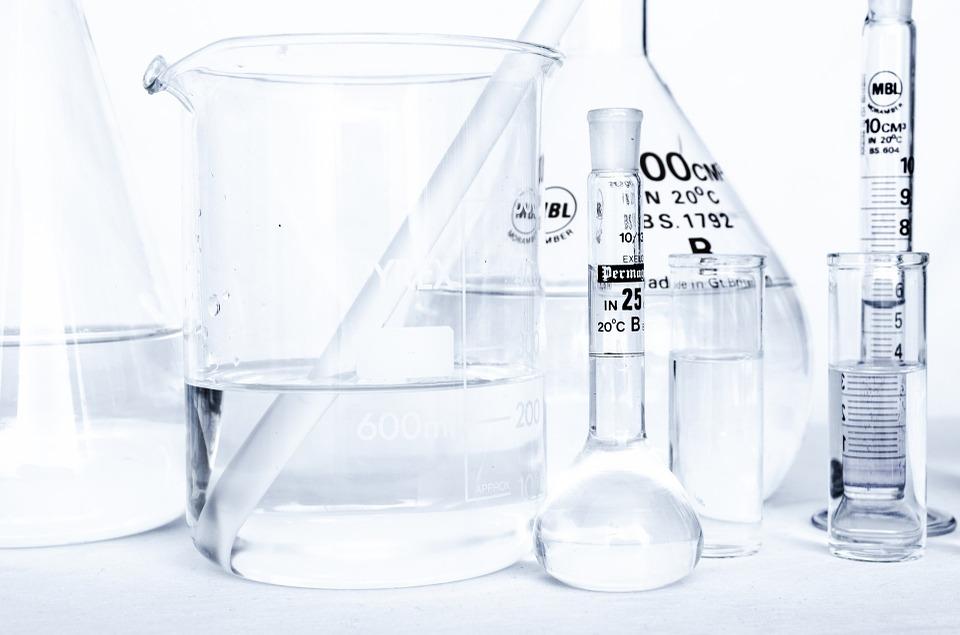
The U.S. is the number one largest national producer of chemical products in the world. Our scientific and medical advancements -- and dedication to GMP standards and GMP quality control -- allow us to dominate the market; everything from radiolabeled compounds (Tritium, a radioactive isotope of hydrogen, is often used) to GMP synthesis originates in this country. With the new tariffs on Chinese imports, however, that may change.
On May 10, Trump went through on his plan to raise tariffs on approximately $200 billion worth of imports from China. Goods shipped after that date are subject to a 25% tariff, a significant increase from the initial 10%. Chemical manufacturers and manufacturing companies are not pleased; both the American Chemistry Council and the National Association of Manufacturers urged a solution to trade disputes without these tariffs.
"We are starting to see signs that the tariffs are disrupting supply chains, cutting off markets, and eroding U.S. chemical manufacturing competitiveness," said ACC President and CEO Cal Dooley. "Although chemical imports from China grew by 22.7% in 2018, the retaliatory tariffs significantly dampened U.S. chemical exports to China, resulting in only a 2.7% increase in 2018 -- nearly tripling the chemicals trade deficit, from $1.4 billion to $4.0 billion."
This battle between nations is a constant threat to chemical manufacturers; without a strong trading relationship that creates certainty and predictability for investors, chemical manufacturers will be disproportionately burdened due to the fact that the industry is globally integrated.
"In many cases, China is the sole supplier of raw materials and building block chemicals," stated the Society of Chemical Manufacturers and Affiliates. They then noted that chemicals constituted nearly half of the products removed from the initial U.S. tariff list after industry petitions.
This trade war will undoubtedly end up harming the chemical and manufacturing industries; both are dependent on reliability in order to thrive, and Trump's threats to raise tariffs even further -- potentially up to $325 billion -- could cause irreparable damage.
"These sectors are thriving but cannot continue to sustain the volatility introduced by these actions," said Jennifer Abril, SOCMA president and CEO.
